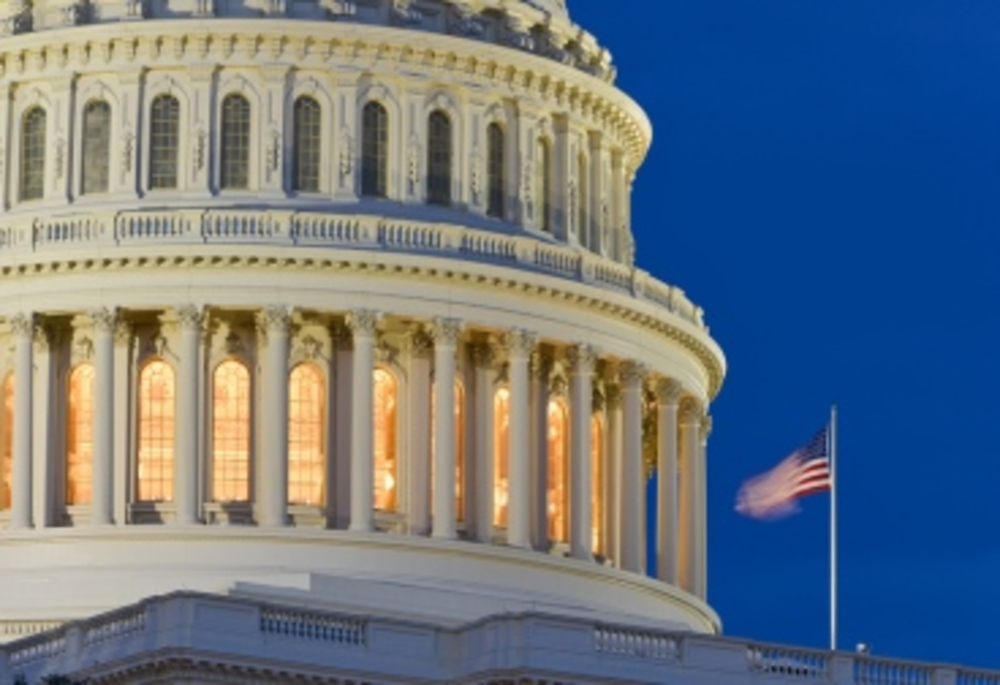The House of Representatives voted 325-91 yesterday to pass the Innovation Act, which will limit the activities of non-practicing entities (NPEs) that stockpile patents for process details and then file frivolous lawsuits looking for settlements from users. The direct mail and marketing tech industries have been frequent victims of NPEs.
Highlights of the Innovation Act, which was introduced by Rep. Bob Goodlatte (R-VA):
- The act requires NPEs to file specific claims against patent violations. Until now, complainants could file bare-bones suits without naming individual plaintiffs, a form of legal blackmail that enabled them to scoop up multiple settlements.
- The winner of any patent infringement suit now must pay all legal fees. Trolls scoop up easy settlements from companies looking to avoid legal fees that would be much higher. The Innovation Act gives plaintiffs incentive to fight the suits.
- One of the fixed costs for fighting suits had been discovery phase legal fees before a trial ever began. The new law delays most areas of discovery until after the court has interpreted the patent claims.
Industry groups applauded the House vote. “Many of our members have received frivolous demand letters claiming patent infringement on the use of off-the-shelf software, QR codes, and scanners,” said Peggy Hudson, SVP for government affairs at the Direct Marketing Association. “These demand letters amount to pure extortion. [Goodlatte] and all the co-sponsors of the bill should be commended.”
In an earlier interview with Direct Marketing News, Cameron Bellamy, CEO of Grayhair Software, described the extent of damage inflicted by patent trolls on both suppliers and their clients. “They patent very simple concepts–for instance, one-button electronic payment–and then single out specific users of the concept and demand that they pay a patent fee,” Bellamy said. “They tend to be lawyers who don’t practice law, but form shell companies that exist to store up patents and write letters.”
Goodlatte sees the law as a boon to fair play and economic growth. “Everyone from inventors to start-ups to midsize and large businesses face this constant threat. The enactment of the Innovation Act is something I consider central to U.S. competitiveness,” Goodlatte said after the vote, adding that the law addresses “abusive practices that have damaged our patent system.”








